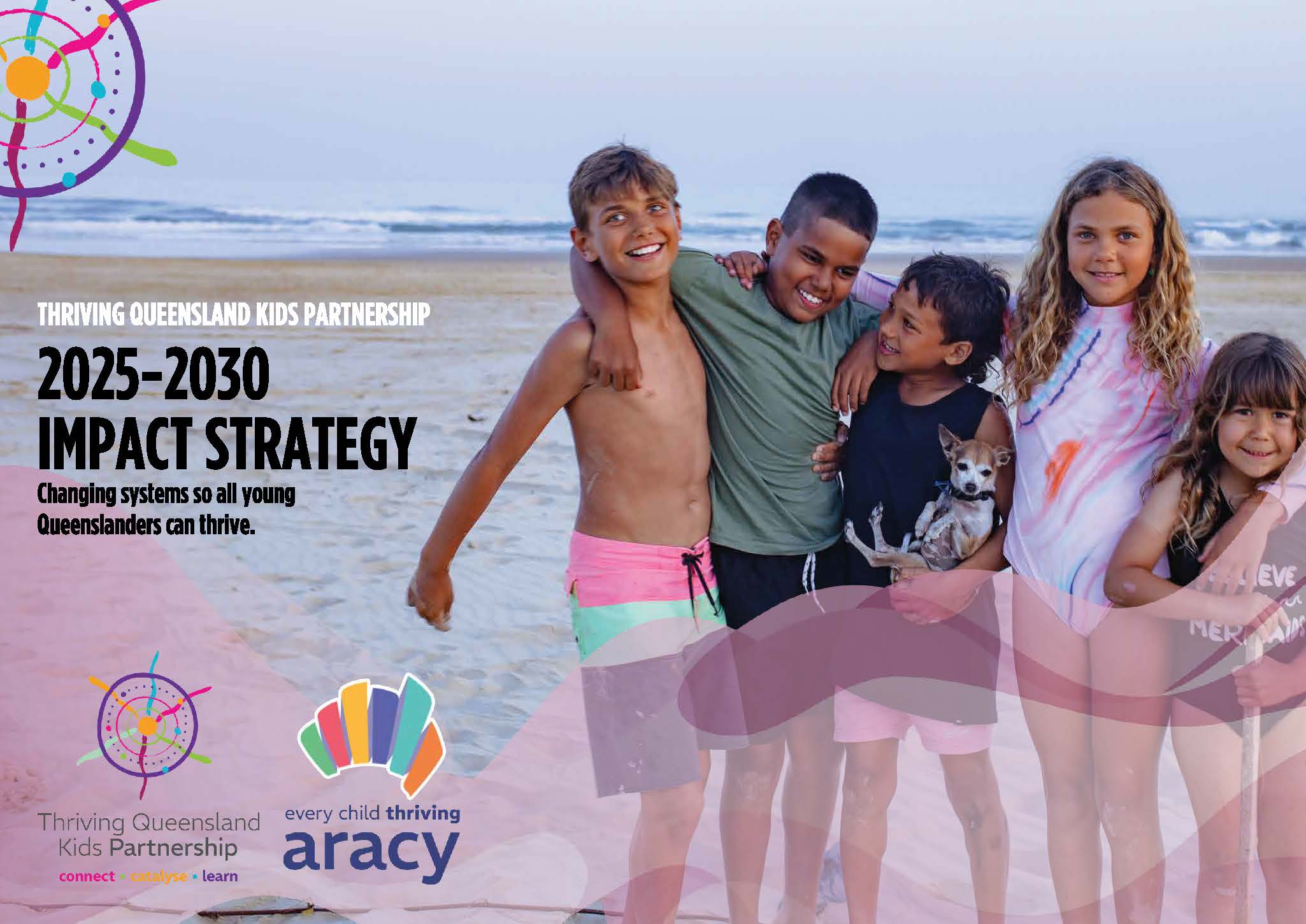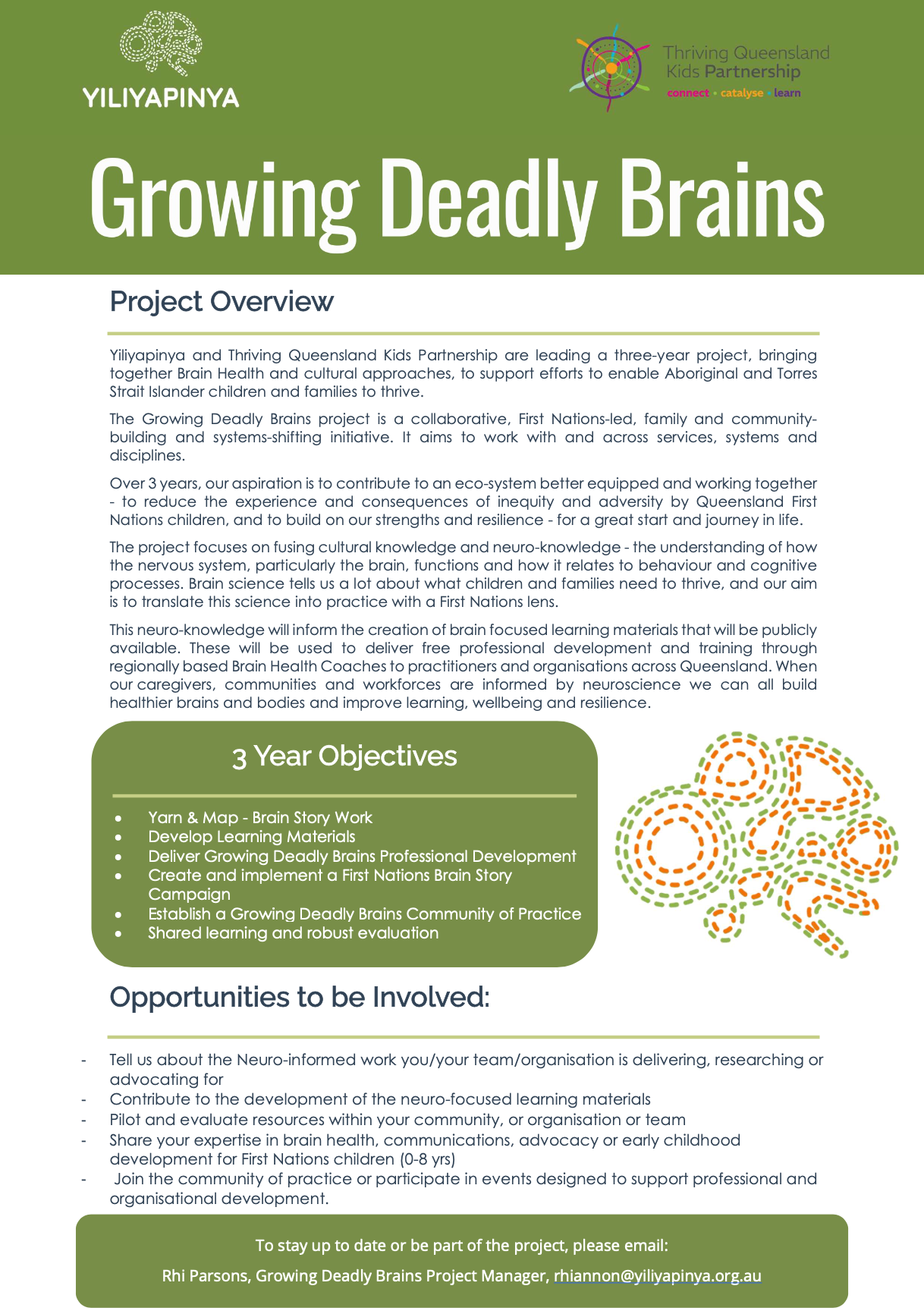Resilience (broadly defined as the capacity to adapt or recover from the impacts of adverse events) plays a critical role in supporting individuals to thrive and meet their true potential. It features multiple components at the individual, family and community levels, and the capacity of the system itself to adapt to adversity.
The Institute for Social Science Research (ISSR) partnered with the Thriving Queensland Kids Partnership (TQKP) to undertake a rapid meta-review of the evidence and provide advice on how to operationalise and implement resilience science within a bio-psycho-socioecological (BPSE) framework to improve child, youth, family, and community wellbeing in Queensland.
Findings include:
How has resilience science been applied as part of a BPSE framework in the context of improving child, youth, family and community wellbeing?
- There was no one overarching definition of resilience in the literature reviewed.
- There was convergence in the literature for a conceptualisation of resilience as a multifaceted construct that operates as a dynamic process, specific to a given context and time in place.
- When assessed across the six levels of the BPSE framework employed in the review (individual, family, peers, schools, community, and society), the breadth of evidence was skewed to the individual, and to a lesser extent, the family.
- There remained limited evidence for the application of resilience across the life course.
What examples are there of systems-wide or specific BPSE resilience science frameworks in jurisdictions within and similar to Australia?
- The meta-review literature proposed multi-system approaches, but there was little evidence provided for actual implementation.
- The environmental scan did uncover examples of systems-wide and specific resilience science frameworks, but none were without problems, which pointed to issues of translating theory into practice.
- The examples demonstrated the ‘messiness’ and complexities of the lives of individuals and communities and the dangers of ‘sameness’ in hegemonic models that aim to implement a ‘one size fits all model’.
How have BPSE resilience science frameworks been operationalised as system-level interventions?
- The meta-review identified issues related to the fidelity of implementation, contexts and culture, and outcomes and measurement, as well as how such frameworks can or should be deployed across and within systems.
- The evidence review revealed that while a broad definition of resilience can be employed, interventions within a systems-level framework will need to be adapted and tailored to specific groups.
- There was limited attention to systemic inequalities such as poverty or racism, or adapting resilience models to be culturally appropriate.
- The impacts of resilience have to be understood in the context of multiple systems that interact, in multiple ways, and often at the same time.







